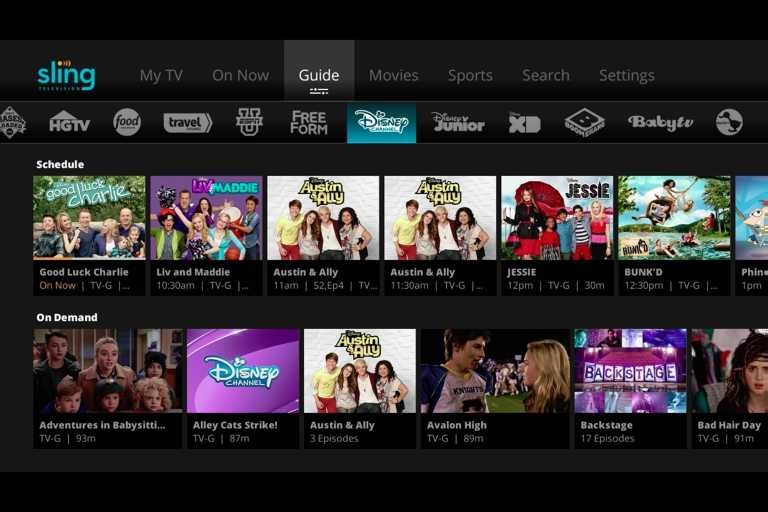This month, Disney sued Sling TV, claiming their one-day streaming passes violate their licensing agreement. For $4.99, viewers could buy 24-hour access to a bundle of about 34 channels, including ESPN, TNT, CNN, and Disney Channel. Sling even expanded the idea with a $9.99 Weekend Pass and a $14.99 Week Pass. No contracts or auto-renewals. Just pay, watch, and walk away.
According to Disney, its deal with Sling only allows channels like ESPN and Disney Channel to be sold through monthly subscriptions. Anything else, Disney argues, is a breach of contract. The legal filing was made confidentially, but the dispute is already shaping up into a long battle over how television is packaged and sold.
Disney’s Argument: Protect the Contract, Protect the Model
Disney’s position is straightforward. Licensing deals with distributors like Sling are built on monthly subscription models. That structure stabilizes revenue, ensures predictable carriage fees, and maintains the value of Disney’s channels in the broader pay-TV market.
By offering one-day passes, Disney argues, Sling is undermining that model. Why would someone pay $70 a month for a traditional package if they can buy a pass for the one game, awards show, or premiere they actually care about?
To Disney, Sling’s move is a direct threat to the economics that keep premium channels afloat. The company wants the court to force Sling to scrap the passes or remove Disney-owned channels entirely from those packages.
Sling TV’s Defense: Flexibility for Cord-Cutters
Sling TV, owned by Dish, has called the lawsuit “meritless” and says it will fight hard to keep its new passes. Its case rests on the idea that the TV market has already moved past rigid monthly bundles. Consumers want flexibility. They want streaming that matches their lifestyle, not the other way around.
Sling is betting that short-term access is the next logical step. Perfect for sports fans who only want ESPN for a playoff game or casual viewers who don’t want to commit to yet another subscription. It’s essentially the pay-per-view model, but for live TV channels.
A Fight With History Behind It
Disney has been here before. In 2015, it went after Verizon for offering “Channel Packs,” smaller bundles that broke apart the traditional model. Verizon eventually scaled back and settled. Dish has clashed with broadcasters in the past, including over its DVR that let viewers skip commercials. The fight went all the way to court before ending in a settlement. This is familiar territory for both companies.
Who Controls Streaming?
At first glance, this looks like just another carriage dispute, but the stakes are bigger. Sling’s experiment with one-day passes directly challenges the foundation of pay-TV licensing. If courts side with Disney, it will reinforce the iron grip content owners hold over distribution models. They’ll keep the power to dictate how their channels are sold and at what commitment level.
If Sling wins, the ripple effect could be massive. Other distributors might follow with their own day passes, week passes, or à la carte options. Consumers would get more freedom, but the churn rate for subscriptions would skyrocket. That could destabilize the very revenue networks like Disney rely on to fund expensive sports rights, original shows, and blockbuster movies.
The precedent will either solidify the old guard or accelerate the push toward a fragmented, pay-as-you-go future.
This lawsuit is about control. Disney wants to defend the subscription model that keeps its empire stable. Sling wants to push forward with the kind of flexibility consumers increasingly demand.
Who gets to decide the future of TV subscriptions? Is it the companies that own the content, or the platforms that deliver it? Whatever the court decides, this battle signals that the old rules of television distribution are under more pressure than ever.






